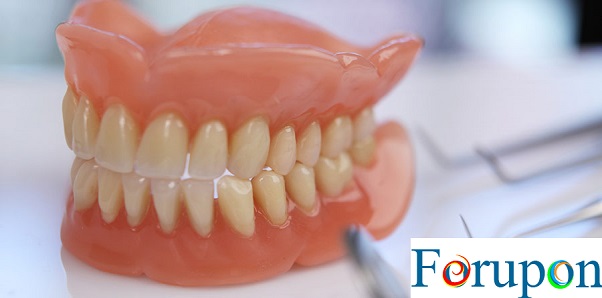Has Dental Health Improved Since the 20th Century?
Dental Health Associates: For upon |Although advances in technology have led to a vast array of improvements in dentistry equipment, there is significant evidence to suggest that dental care has not, in fact, improved since the 19th century, despite what many people would believe. However, is this view skewed by statistics, or is dental health really as bad as we think?
Modern Dental Care
In recent Australian studies, it was shown that 1 in 3 children under the age of six have signs of tooth decay, and 90% of adults experience tooth decay. From these statistics, it may be easy to believe that dental health has deteriorated since the 20th century. These statistics could be for a number of reasons, including the fact that modern lifestyles do not leave much time for dental routines and that many people neglect their dental health. However, the largest factor behind why our teeth may be worse than in the 20th century is because of the amount of processed food that we eat containing large amounts of sugar.
When you eat sugar, harmful bacteria in your mouth produce acids to digest the sugar that can attack your teeth over time. Although people in the 20th century did not have as extensive dental services, they consumed less sugar, which is the main factor that leads to tooth decay.
Comparing Dental Health
To look further into this issue, we must look at the development of health care since the 20th century. Throughout the 19th and early 20th centuries, tooth extractions were extremely painful ordeals that were performed under primitive conditions. Teeth were often pulled by non-dental professionals with tools unsuited to dentistry. Additionally, the anaesthetic was not invented until 1905, meaning that all tooth extractions performed before this time were extremely traumatic affairs that could result in swollen gums and infections. This would often prevent people from having work done to their teeth.
However, in the 21st century, there were over 16,000 dentists in Australia in 2016, who could provide private and public health care under clean, disinfected conditions and local anaesthetics such as Lidocaine. When tooth extractions are performed now, these are done by using forceps on a numbed area, and these teeth are often replaced with dental implants. For instance, Bexley Dental’s All on 4 Sydney dental implants can help those with missing or damaged teeth through advanced denture techniques that support your teeth and feel more natural than other dentures. This is widely different from the dental extractions of the past, wherein extracted teeth were replaced by someone else’s real teeth, or empty gaps were left in your mouth for the rest of your life. Dental Health Associates.
To compare the two eras further, there was an indisputable lack of education surrounding dental care in the 19th and 20th centuries. It was not until the Second World War brought increased awareness of dental health that people started to be aware of the importance of dental health. Soldiers fighting in the war were taught the importance of a daily dental routine to stay healthy, and they brought these routines back to their families after the war.
This led to a boom in dental products and appointments. This is unrecognisable in today’s society, where lessons centred on dental health are given to children in schools, and it is recommended highly that you visited the dentist on a six-monthly or yearly basis for a routine check-up. Although only 51% of Australian adults brush their teeth twice a day, this is not down to a lack of information about the subject, and dental health is stressed throughout our lifetimes. Dental Health Associates.
Has Dental Care Improved?
However, with all these dental advancements, is Australia’s oral health any better than in the 19th and 20th centuries? The answer is: Yes. The improvements in dental care have gone hand-in-hand with better dental care in general, despite the sometimes underwhelming statistics.
Generations of Australia born in the early 20th century were shown to have worse teeth and more extractions than those born in the second half, including a definite improvement when fluoride began to be added to water in the 1970s. Therefore, although millions of Australians avoided the dentist in 2018, the improvements in home dental care such as fluoride toothpaste rather than unregulated tooth powders and the production of electric toothbrushes, for instance, have contributed to a greater number of people living with healthy teeth.
Although dental care and oral hygiene have improved since the 20th century, improvements are still necessary if the trend is going to continue. To maintain healthy teeth throughout your life, you should ensure that you visit the dentist regularly, eat fewer foods containing a high sugar content, and upkeep a daily oral care routine twice a day, including brushing your teeth and flossing. By doing so, you will decrease your risk of tooth decay and ensure that you have healthy teeth in the future.


Comments are closed.